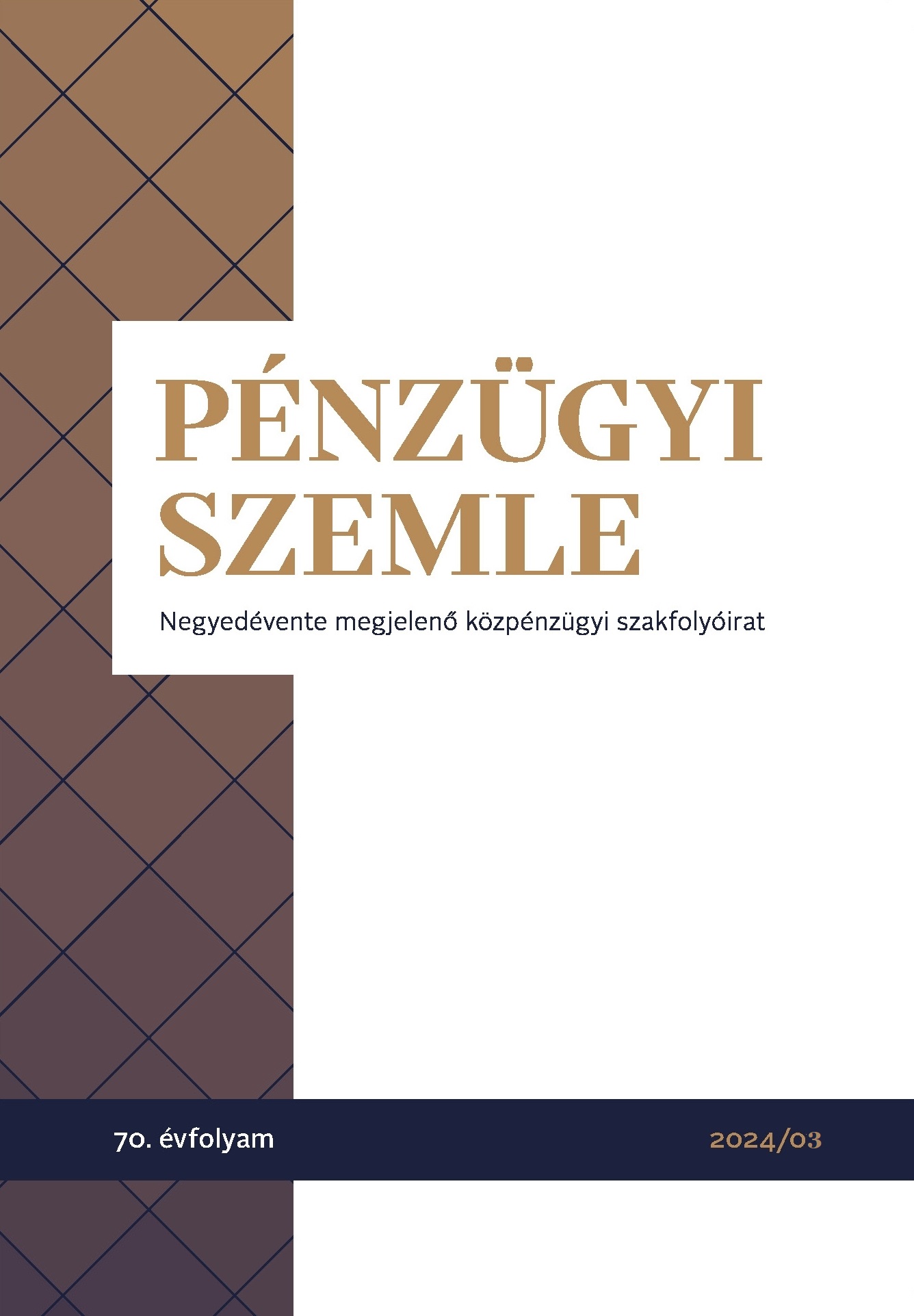When the classical approach is not enough – An in-depth analysis of the populist transformation of economic policies in Central and Eastern Europe
DOI:
https://doi.org/10.35551/PFQ_2024_3_8Abstract
Populism is not new in politics, with populist initiatives having appeared in the United States already in the first half of the 19th century. Populist regimes or populist elements have since then periodically emerged around the world, based on the idea that society is divided into two homogeneous and opposing groups, the „people” and the „corrupt elite”. This phenomenon has been described by Cas Mudde as a narrow-centred ideology with no specific socio-economic orientation or ideology (see Mudde, 2004), so it is no coincidence that populism has appeared on both sides of the political spectrum. Populism does not give room for pluralism, it views checks and balances that limit political power as tools of a corrupt elite, and thus represents a threat to liberal democracies at their very core. An academic study of populism, particularly its economic dimension, is therefore of the utmost importance, as a better understanding of the phenomenon can help to combat it more effectively. This is why the book „Economic policies of populist leaders”, edited by István Benczes and published by Routledge, can be particularly exciting, as it takes a creative and innovative approach to answering very important questions.
References
Benczes István (2022) Taking back control over the economy. European Policy Analysis, 8:1, 109-123.
Kollai István (2020) The Traditionalism-Modernism Value Conflict in Hungary and Slovakia – A Comparative Analysis from a Longue Durée Perspective. Journal of Contemporary Central and Eastern Europe. 28:1, 29-44.
Kutasi Gábor (2018) Macroeconomic populism: The Baltic current Accounts. Journal of Global Policy and Governance, 7: 1, 21-32.
Mudde, Cas (2004) The populist Zeitgeist. Government and Opposition 39: 4, 541-563.
Downloads
Published
How to Cite
Issue
Section
License
Copyright (c) 2024 Public Finance Quarterly

This work is licensed under a Creative Commons Attribution 4.0 International License.
Authors assign copyright to Pénzügyi Szemle / Public Finance Quarterly. Authors are responsible for permission to reproduce copyright material from other sources.












